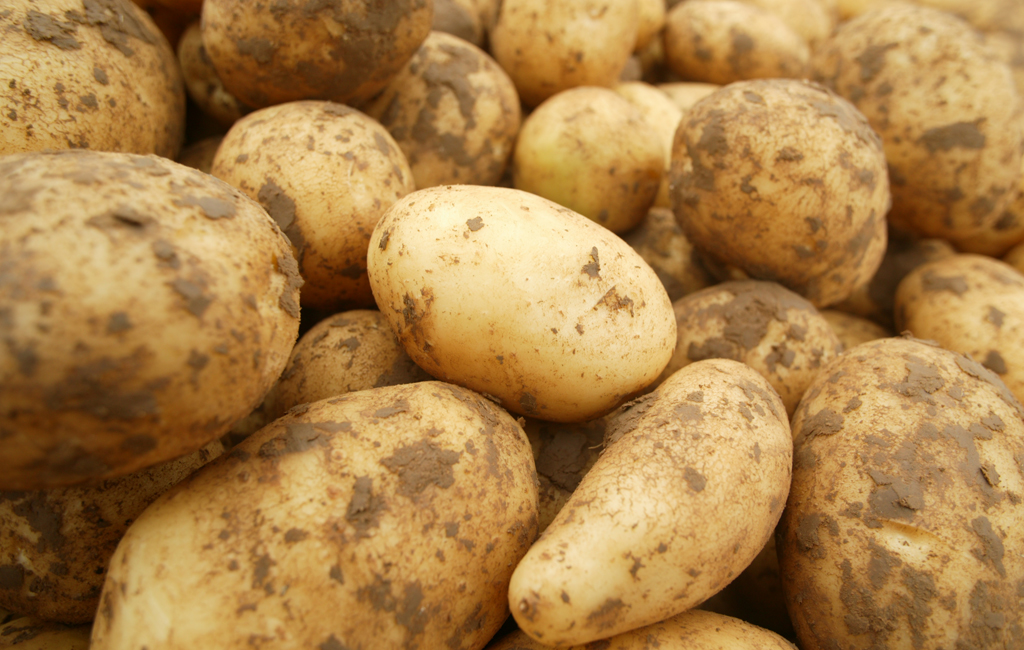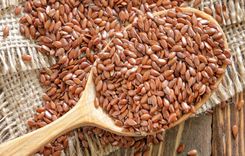Cling Wrap Made Of Potatoes?
By Hira Waheed
5 June 2023
In a world where plastic waste has become a pressing environmental concern, Julia Kay, an architect, and her husband Jordy, a former wine producer, have joined forces to address this issue. Recognizing the wastefulness of the construction and packaging industries, they set out on a mission to create a sustainable alternative. Their innovative solution? A compostable cling wrap made from potato waste.

Realization of a Problem:
Julia Kay's work as an architect made her acutely aware of the excessive plastic waste generated by the construction industry. Similarly, Jordy, having witnessed the impact of plastic in his career in wine production, shared the same concerns. This shared realization inspired them to explore how they could utilize their skills to make a positive change.
Driven by their shared anxieties about plastic waste, Julia and Jordy founded Great Wrap—a manufacturing facility based in Melbourne, Australia. To develop their compostable cling wrap, they partnered with the chemical engineering team at Monash University. Together, they aimed to transform potato waste into a sustainable alternative to traditional plastic wrap.
Harnessing the Power of Potato Waste
Extensive research led Julia and Jordy to discover that potato waste contains a significant amount of starch, making it an ideal raw material for their compostable biopolymer. Moreover, the abundance of potato waste across different regions, including Europe, Australia, and the United States, meant there was ample feedstock available for their production process. By extracting a compostable biopolymer from the potato starch, they effectively convert a potential pollutant into a useful product with minimal carbon footprint.
The Sustainable Advantage
Great Wrap's compostable cling wrap offers numerous advantages over petroleum-based alternatives. Unlike traditional plastic wrap, Great Wrap decomposes entirely within a maximum of 180 days when composted. In contrast, petroleum-based wrap can persist in the environment indefinitely, contributing to the plastic waste crisis. Moreover, using potato waste as the raw material ensures cost-effectiveness, making it a viable competitor to plastic wrap.
Overcoming Challenges and Future Prospects
While Great Wrap currently has a higher price point compared to conventional cling wrap, Julia and Jordy envision a more affordable future. Their plans include opening a biorefinery, which will allow them to develop the polymer in-house and eliminate the need to outsource potato waste. By reducing production costs, they aim to offer their compostable cling wrap at a lower price than petroleum-based alternatives. Julia emphasizes that affordability is crucial to ensure widespread adoption of sustainable alternatives.
Global Expansion and the Race Against Plastic
Great Wrap products are currently available in Australia and the United States through their website, greatwrap.co, with plans for global expansion. Julia recognizes the urgency of addressing the plastic waste problem and views it as a race to the finish line. She is committed to pushing forward, aiming to create a lasting impact and achieve their vision of a world free from plastic waste.
Julia and Jordy Kay's commitment to affordability and global expansion showcases their dedication to making a significant change in the fight against plastic pollution. With Great Wrap, they inspire others to join the race towards a more sustainable future.
Regenerate response
You Might Also Want To Read This
Popular Posts







